-92%
Angiogenesis, Lymphangiogenesis: Formation and Implications
Angiogenesis, the formation of new blood vessels, plays a pivotal role in various physiological processes, including embryonic development, wound healing, fertility, tumor growth, autoimmune disorders, and allergies. Similarly, lymphangiogenesis, the formation of new lymphatic vessels, is crucial for tumor growth, metastasis formation, and chronic inflammatory diseases.
Immune Cells: Source and Target of Angiogenic Factors
Judah Folkman, a trailblazer in angiogenesis research, initially suggested that macrophages and mast cells may contribute significantly to angiogenic factors. Extensive research has since shed light on the diverse roles of immune cells in regulating angiogenesis and lymphangiogenesis. Overwhelming evidence now reveals that components of both the innate and adaptive immune systems are involved in inflammatory and neoplastic angiogenesis and lymphangiogenesis.
Immune Cells’ Dual Role in Angiogenesis/Lymphangiogenesis
Articles within this volume explore the emerging notion that immune cells serve as both a source and target of angiogenic and lymphangiogenic factors. Thus, immune system cells may actively participate in inflammatory and neoplastic angiogenesis/lymphangiogenesis by expressing various angiogenic factors, their receptors, and co-receptors.
Significance for Various Medical Fields
The groundbreaking findings presented in this volume hold particular interest for vascular biologists, basic and clinical immunologists, oncologists, and specialists in allergic and immune disorders. These insights may pave the way for novel therapeutic approaches targeting the interplay between immune cells and the formation of new blood and lymphatic vessels, offering potential advancements in the management of a wide range of diseases.

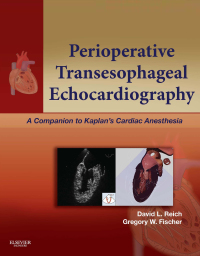

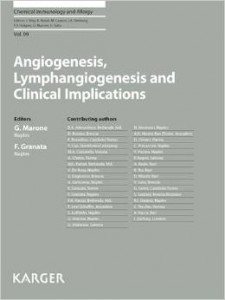
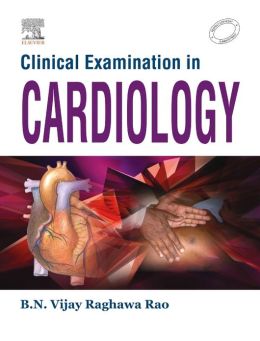
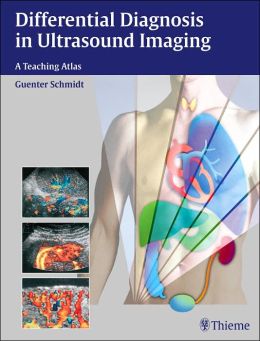
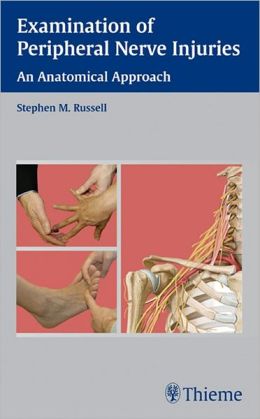

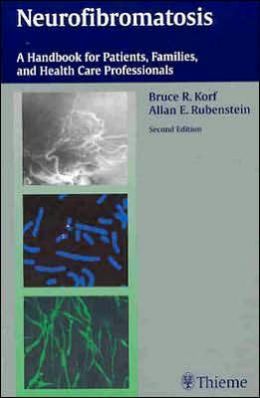
Reviews
Clear filtersThere are no reviews yet.